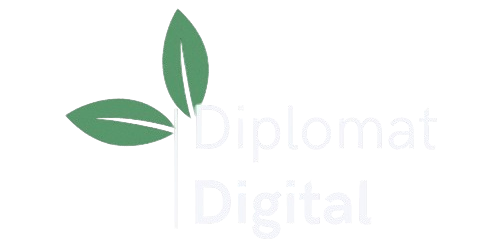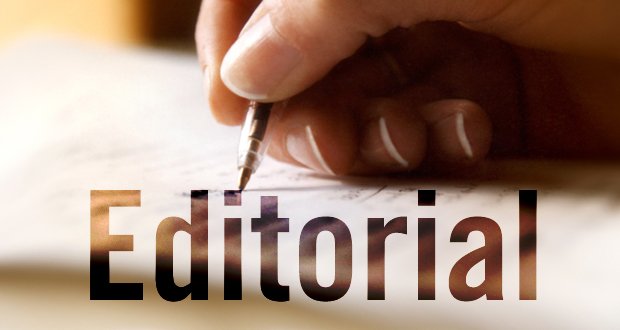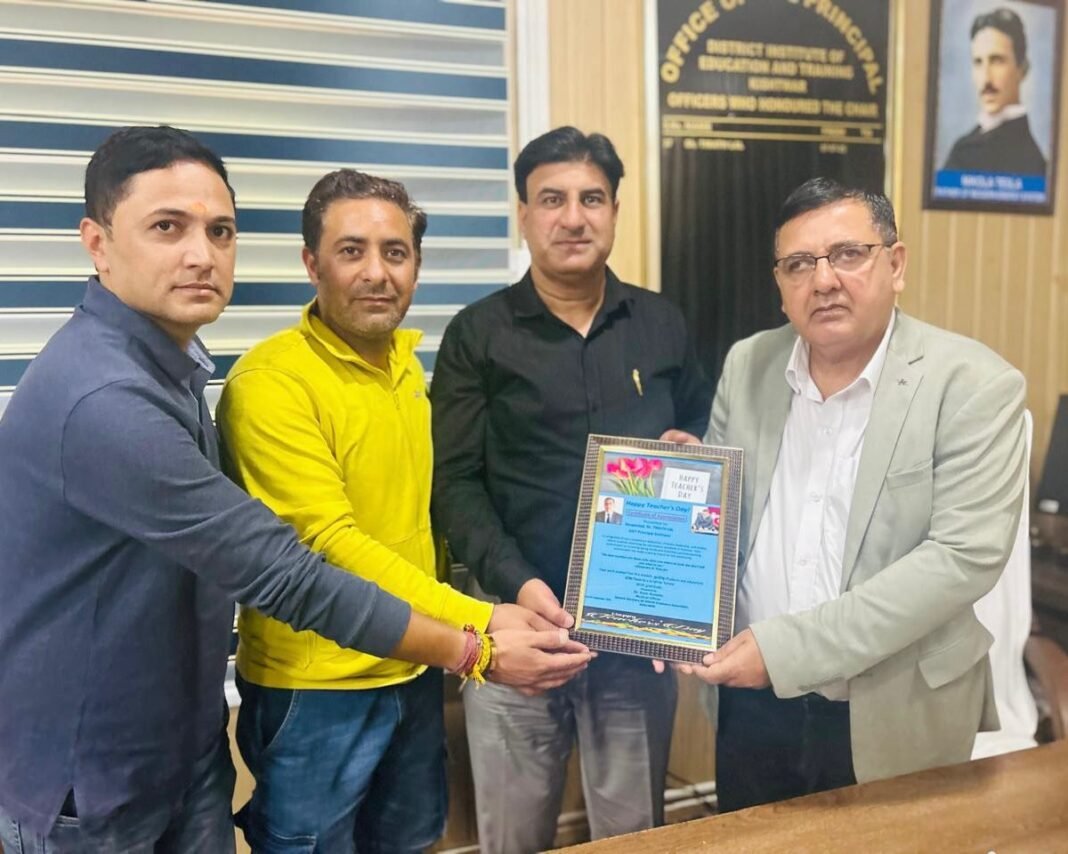By Dr Shujaat Ali Quadri
Since the earliest days of civilisation, the role of scholars and intellectuals in relation to the functioning of the state has remained a subject of great curiosity and debate. Some experts have viewed scholarship as inseparable from governance, while others have regarded the two as distinct domains. Importantly, history provides little evidence of respected scholars lending legitimacy to unjust rulers or unduly interfering in the administration of the state. In fact, a closer examination shows that many of these traditions are broadly compatible with the principles of modern democracy.
The question of the state versus belief has become increasingly important, often forming the basis of conflicts in contemporary times. The situation has, at times, been exacerbated by extremist organisations and ideologies that emerged from certain seminaries and political movements, resulting in polarisation, division, and instability.
The Individual at the Centre
At its core, social and moral guidance is directed at the individual, aiming to shape hearts, minds, and responsible conduct. The idea of imwposing a rigid, monolithic identity on the state often leads to exclusionary practices that diminish the rights of minorities and undermine social cohesion. Such an approach risks relegating groups to the margins of society, creating a permanent sense of “second-class” citizenship, which is neither sustainable nor just in a modern democratic framework.
Nationhood versus Brotherhood
History demonstrates that political unity does not necessarily have to rest on a single global authority or ideology. For instance, after the first century of the Common Era, multiple empires and states coexisted for centuries without undermining the legitimacy of one another. What mattered was stability, respect for established order, and the rejection of violent rebellion.
The foundation of collective belonging is not the creation of a single global nation but rather the spirit of solidarity and fraternity. Citizens, regardless of the state they belong to, can maintain ties of mutual support and cooperation across national boundaries while fully embracing their local or national identities. Crucially, individuals can thrive as equal citizens of any state, provided they enjoy freedom of conscience and the protection of rights under law.
Difference and Inclusion
Disagreement over interpretations of traditions, texts, or ideologies is natural. Such differences may at times be considered mistaken or even deviant by others, yet they should not be used as grounds to exclude people from their communities or to delegitimise their identity. The right to critique ideas exists, but the right to declare entire groups illegitimate or outside the fold of citizenship or humanity does not. Respectful dialogue, inclusion, and patience remain the most constructive ways to address diversity of thought.
Consultation and Democracy
Centuries before modern political thought articulated it, traditions of governance based on mutual consultation were established. These principles emphasised equality in decision-making, consensus where possible, and majority agreement when consensus could not be reached.
This idea aligns closely with democracy as practised today. Dictatorship—whether by individuals, dynasties, elites, or even scholars—is fundamentally at odds with this ethos. Intellectuals may express opinions and offer guidance, but their views only gain the force of law when accepted by the people’s representatives. In contemporary governance, that authority lies with elected parliaments, which embody the collective will of the people.
Parliamentary decisions may be criticised and debated, but they must not be disobeyed or undermined through rebellion. No institution—whether judicial, clerical, or otherwise—stands above the sovereignty of the people as expressed through their elected representatives. This principle is vital for ensuring stability, accountability, and fairness in modern states.
The author is the National Chairman of the Muslim Students Organisation of India (MSO). He writes on a wide range of issues, including public policy, geopolitics, and information systems.




